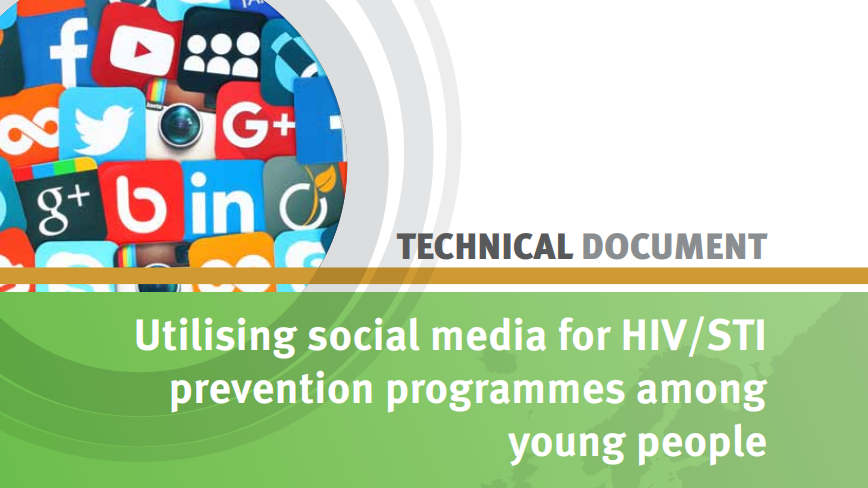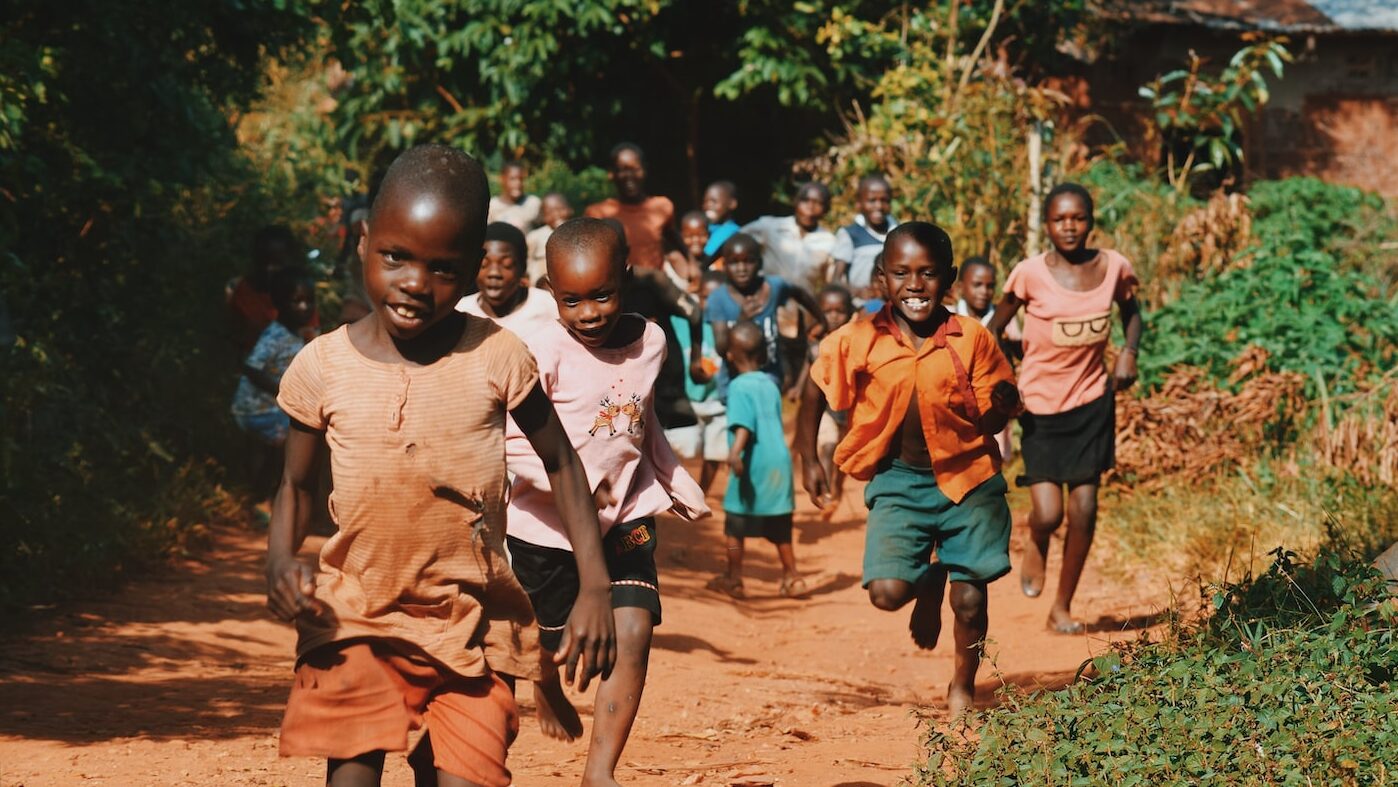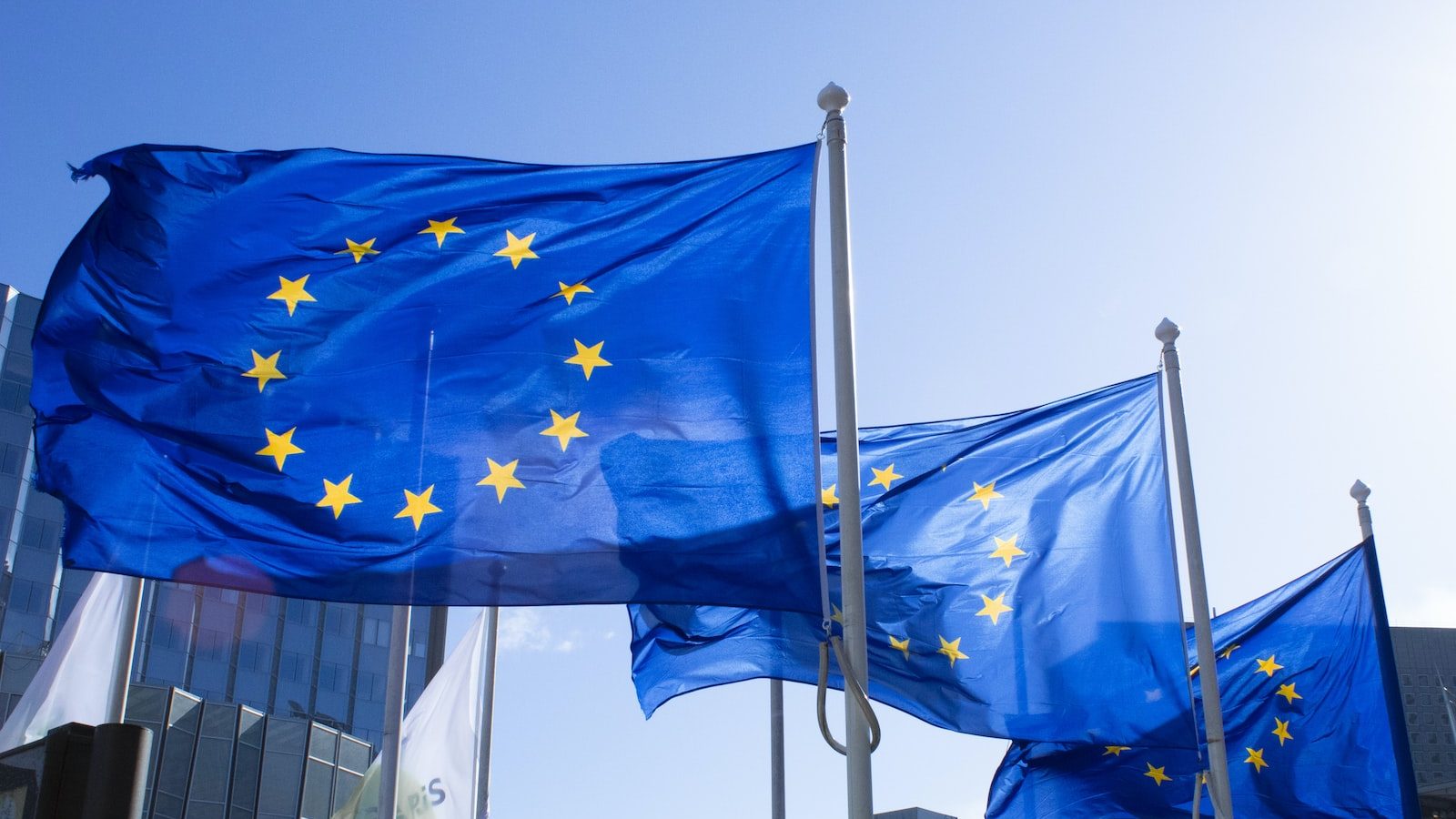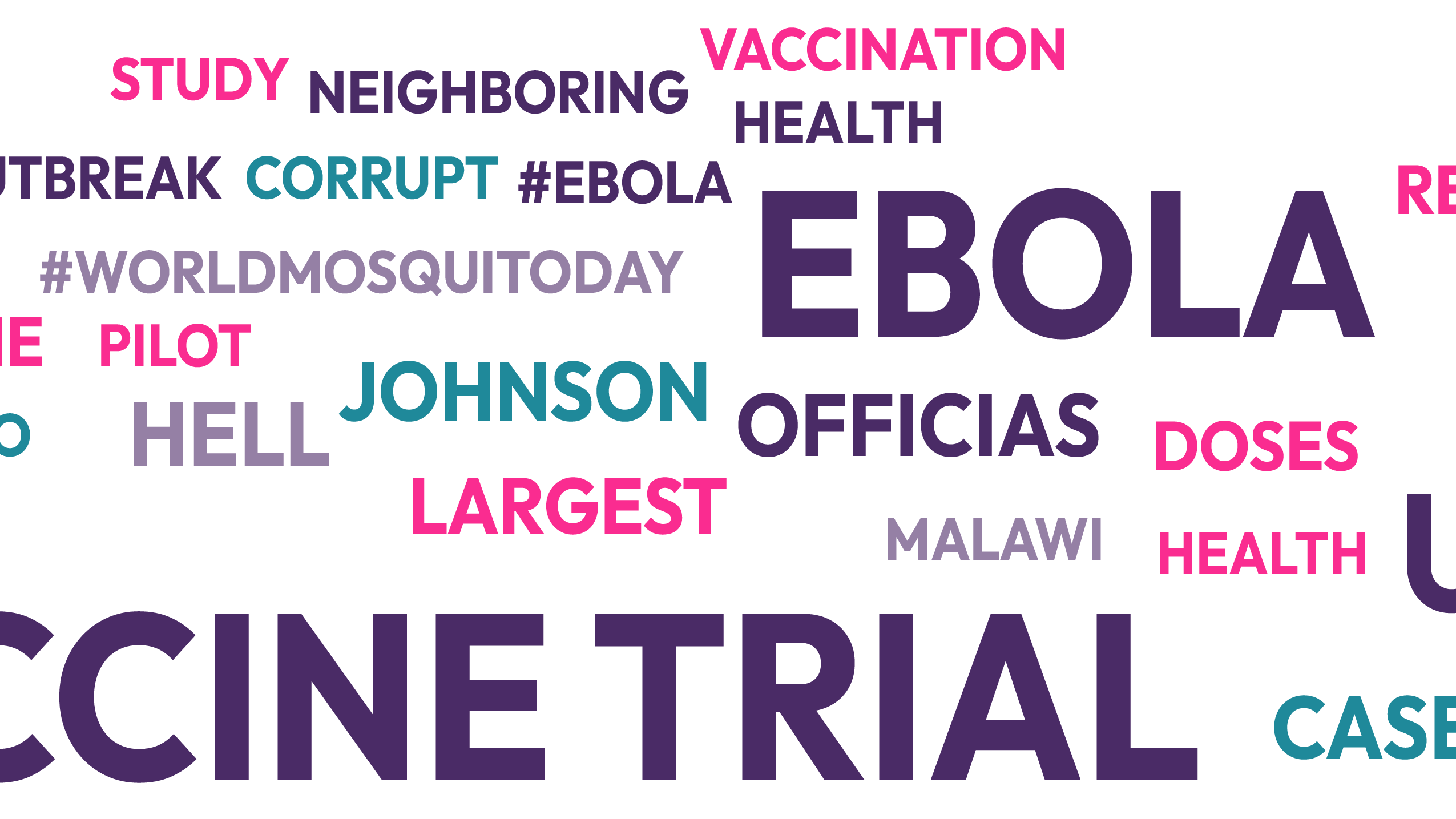This report frames social media as an important tool not only to communicate, but also to monitor topics of discussion, prevalent sentiments, and define the characteristics of social networks among young people around different topics.
Related content

The target audience for this handbook includes public health programme managers working on and with STI/HIV prevention programmes for young people in EU/EEA countries.

The Vaccine Confidence Project™ has engaged in several different research projects relating to the prevention of HIV and other STIs.

In 2018, the European Commission engaged the Vaccine Confidence Project to create the first “State of Vaccine Confidence in the EU” report. Since then, the VCP has conducted bi-annual research to map and monitor public attitudes to vaccines across the region and examine trends over time.

The UNICEF Regional Office for Europe and Central Asia (UNICEF ECARO) and the VCP worked in partnership to better understand the impact of social media on caregivers’ attitudes, beliefs, trust, immunisation intention and uptake.

Overview Throughout the COVID-19 pandemic, the Vaccine Confidence Project teamed up with YouTube and other health partners to reach people with credible information…

In the context of the current communication environment, where online content about vaccination can rapidly be created and shared across the world, media monitoring has become an important tool.